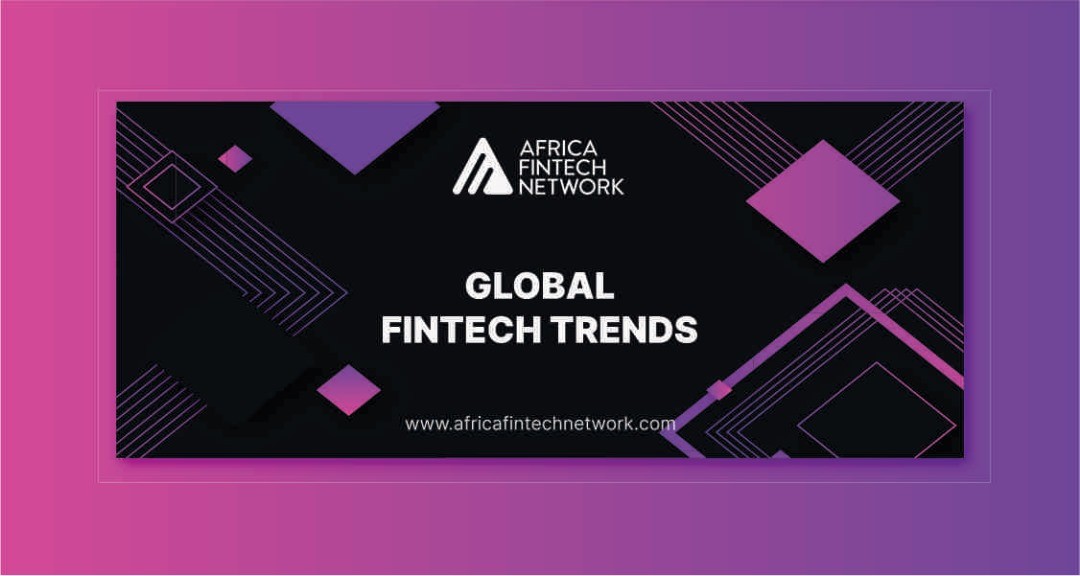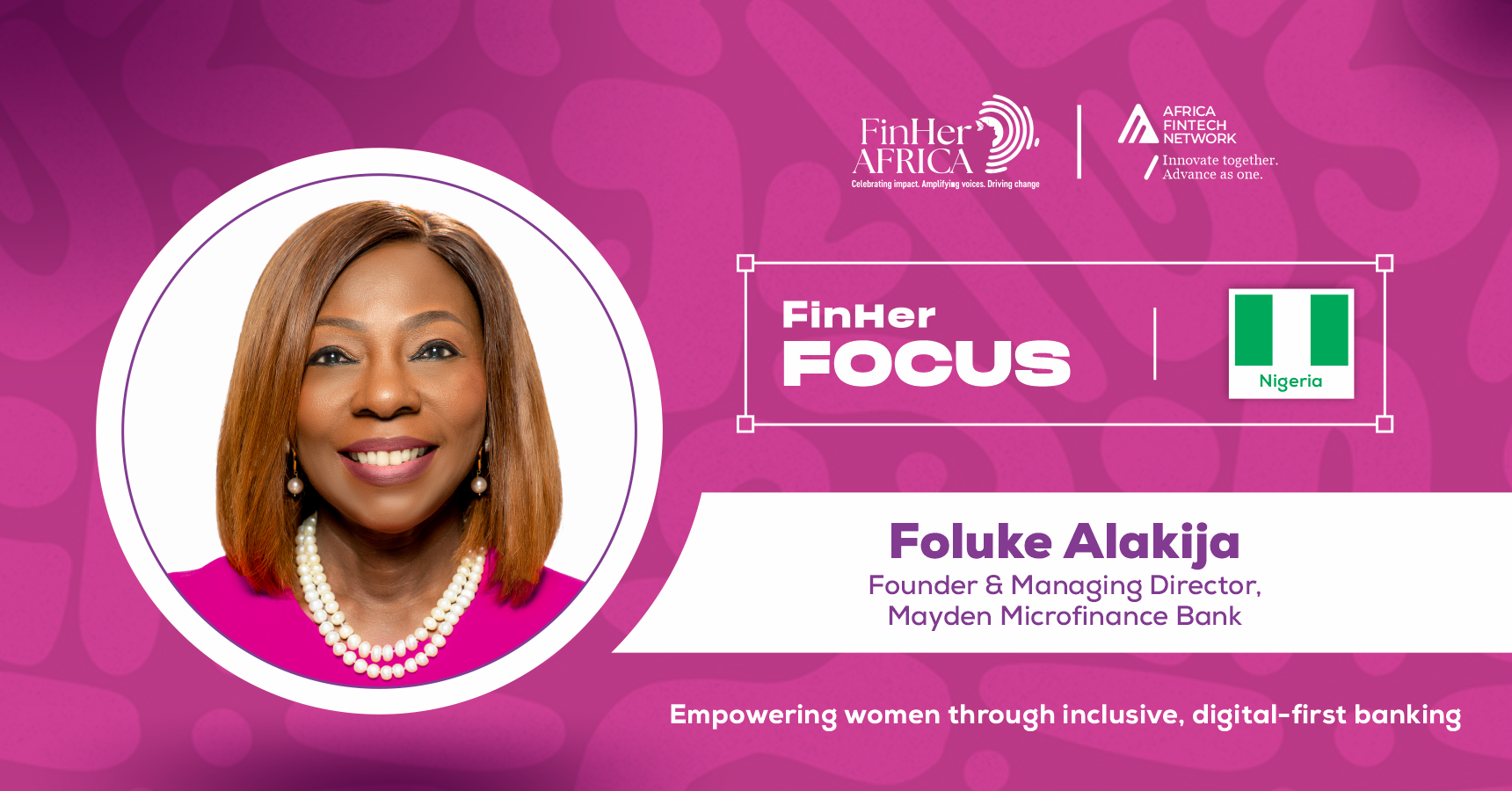
Global Fintech Trends – 4th July, 2024
KCB Settles With Competition Authority Over Misleading Credit Card Ad
The Competition Authority of Kenya (CAK) has gazetted a settlement it made with KCB last year following a complaint that the lender had mislead a client on credit card charges and billing cycles on an advertisement.
-
KCB had advertised a 45-day interest free period for holders of the bank’s Platinum Credit Card, but billed a client interest anyway.
-
Moreover, CAK the bank did not inform the complainant on the repayment cycles and the credit billing thus creating confusion.
-
In a CAK report released earlier this year, KCB was forced to refund more than KSh 20,000 to Anthony Nderitu who had borrowed about KSh 200,000 believing no interest would be charged as advertised.
Read more here: https://kenyanwallstreet.com/kcb-settles-with-competition-authority-over-misleading-credit-card-ad/
South African challenger bank TymeBank raises $77.8M from Norrsken22 and Blue Earth Capital
South African digital banking platform TymeBank has raised $77.8 million in a pre-Series C round led by African-focused growth-stage fund Norrsken22 and Swiss global impact investment firm Blue Earth Capital. TymeBank expects to close its Series C round later this year, it said in a statement.
Tencent, the lead investor in the fintech’s $70 million Series B extension raise in December 2021, participated in this pre-Series C round and increased its stake to become TymeBank’s third-largest shareholder. TymeBank is majority owned by Patrice Motsepe’s African Rainbow Capital (ARC); the South African fintech is backed by other investors, including the British International Investment (BII), Apis Growth Fund II, JG Summit Holdings (JG Summit), African Fig Tree (AFT) and the Ethos AI Fund.
Read more here: https://ca.movies.yahoo.com/movies/south-african-challenger-bank-tymebank-100041161.html?ref=thisweekinfintech.com
Colombian Fintech Minka, Joins Latin American Fintechs Expanding To Africa
Colombia’s real-time payment platform Minka, has announced its expansion to Eastern and Southern Africa, as it plans to build efficient payment infrastructure in the region.
Drawn by the continent’s burgeoning digital payments sector, the company plans to set up shop in Kenya, Uganda, Tanzania, and Ethiopia. It also plans to expand to Mozambique, Zambia, and Malawi in Southern Africa for the first phase.
Minka stated that its initial focus on Eastern and Southern Africa will be borrowed successful model in Latin America, where it bridges the gaps between banks, financial institutions, Central banks, fintechs, and clearing houses online through shared and connected ledgers.
Read more here: https://www.tekedia.com/colombian-fintech-minka-joins-latin-american-fintechs-expanding-to-africa/
Fintech Evolution in the Middle East and Africa: Insights from Finastra at Dubai Fintech Summit
At the Dubai Fintech Summit, Mark Walker, editorial director of The Fintech Times, chatted to Siobhan Byron, EVP of universal banking at Finastra, and Karim El Mourabet, head of solution consulting MEA, Universal Banking at Finastra, to discuss the dynamics of fintech in the Middle East and Africa.
The conversation highlighted Finastra’s longstanding presence in the region, the rapid growth of the fintech sector, and the unique opportunities and challenges faced by different markets within the area.
Finastra’s longstanding commitment and market potential
Byron and El Mourabet outlined Finastra’s deep-rooted presence in the Middle East, dating back over 35 years. This long-term engagement has fostered strong relationships and positioned the company as a key player in the region.
Read more here: https://thefintechtimes.com/fintech-evolution-in-the-middle-east-and-africa-insights-from-finastra-at-dubai-fintech-summit/
Gabby Asare Otchere-Darko: Using mobile money to buy and sell across Africa – a fast track to economic integration
For over sixty decades, from the Mali Empire through to the OAU Summit of May 1963 and incrementally to date, African unity has remained but a collective dream. One that has been sustained more by a recognition of its essence rather than a conviction for its manifestation.
In 2021, with the coming into being of the African Continental Free Trade Area (AfCFTA), Africa began taking clear, deliberate steps of greater conviction towards building the world’s largest single market, in terms of member states. The challenges are, of course, many and varied.
Trever secures €2.4m to enhance digital asset infrastructure across Europe
Trever, an institutional operating system provider for digital assets, has recently announced a significant boost to its growth with a €2.4m seed investment.
This funding is aimed at enhancing its presence in the European market.
The investment round was co-led by TX Ventures (CH) and Market One Capital (LUX), with Blockchain Founders Capital (DE) and Dr. Alex von Frankenberg also joining as co-investors.
At its core, Trever provides a sophisticated infrastructure that supports trading, transfer, and bookkeeping of digital assets. Its software is designed to seamlessly integrate into the systems of banks, brokers, and funds, offering a robust platform for managing digital assets.
Read more here: https://fintech.global/2024/07/03/trever-secures-e2-4m-to-enhance-digital-asset-infrastructure-across-europe/
Banks And Fintechs Can Co-Exist Under A Smart Regulatory Regime In West Africa
Good observation: “The Governor of the Central Bank of Nigeria (CBN), Olayemi Cardoso, has expressed concern over the rising volume of non-bank transactions which he says poses a major threat to financial stability in West Africa.”
Yet, we should not go after fintechs with high-voltage regulations. They offer great value and actually make the banks better! My suggestion is to execute a nuanced balancing policy, picking some lessons from China. Simply, do what China did when their local banks were having challenges due to Alipay and WeChat.
Yes, all fintech settled account balances cannot stay in fintech wallets after 72 hours, thereby making sure the funds are warehoused in banks. Those local banks need the funds to serve local communities. By doing that, you ensure the fintechs are mere transaction ecosystems, fixing frictions on distributions, but not as a vehicle to hold value in perpetuity.
Read more here: https://www.tekedia.com/banks-and-fintechs-can-co-exist-under-a-smart-regulatory-regime-in-west-africa/
Silvergate to pay $63m in penalties to settle with US regulators
California-based Silvergate Capital Corporation, owner of the now shuttered crypto-focused bank Silvergate Bank, has agreed to pay a combined $63 million in penalties after entering a consent order with US federal and state regulators relating to alleged “deficiencies” in its internal transaction monitoring.
The $63 million settlement covers penalties imposed by the Federal Reserve, the California Department of Financial Protection and Innovation (DFPI), and the US Securities and Exchange Commission (SEC).
Silvergate is set to pay $43 million to the Federal Reserve Board and $20 million to the DFBI. It has also received a $50 million civil penalty from the SEC, which according to the DFBI, will be “offset by Silvergate’s payments to the DFPI and the Federal Reserve Board”.
Read more here: https://www.fintechfutures.com/2024/07/silvergate-to-pay-63m-in-penalties-to-settle-with-us-regulators/



